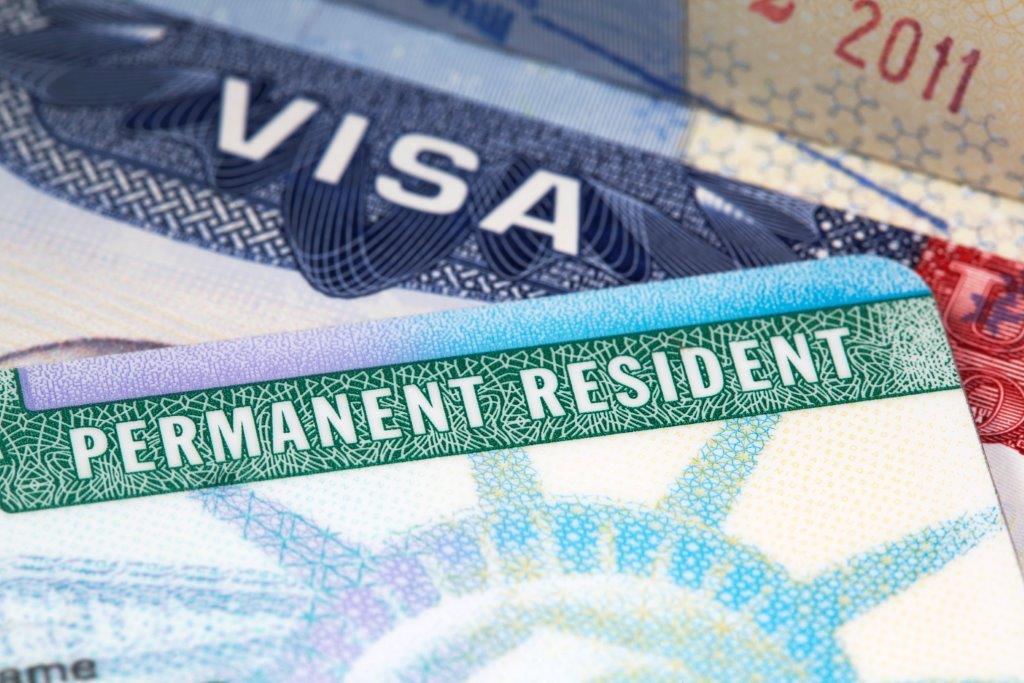Effective immediately, USCIS has updated its Volume 6 Policy Manual. This update applies prospectively to applications filed on or after December 12, 2023.
USCIS Policy Highlights
• Consolidates and updates guidance on eligibility, filing, and adjudication of Form I-751, including joint petitions, individual filing requests, and waivers.
• Provides additional guidance on the steps required to change the basis for filing, including for cases involving waivers based on battery or extreme cruelty.
• Clarifies that a noncitizen whose CPR status was terminated for failure to timely file a Form I¬751 may adjust status to permanent residence on a new basis, regardless of whether or not USCIS issued a notice of termination of CPR status before the noncitizen filed an Application to Register Permanent Residence or Adjust Status (Form I-485) on a new basis.
Conditional Permanent Residence: The BasicsSecuring permanent residency in the United States is a significant milestone, often pursued through various immigration pathways. For individuals obtaining permanent residence through marriage, the concept of conditional permanent residence comes into play. This legal status is outlined in the Immigration and Nationality Act (INA) under Section 216, and understanding its implications is crucial for those navigating the immigration process.Conditional permanent residence is typically granted to individuals who obtain lawful permanent residence based on a marriage that is less than two years old at the time of approval. The purpose is to ensure that the marital union is genuine and not entered into solely for immigration benefits.
The Two-Year Requirement: Upon approval of the initial green card, individuals are granted conditional permanent residence, valid for a period of two years. It is during this two-year period that individuals must take steps to remove the conditions on their permanent residency.
Filing a Joint Petition: Within 90 days of the second anniversary of obtaining conditional permanent residence, individuals and their U.S. citizen spouse must file a joint petition (Form I-751) seeking to remove the conditions. This joint filing is a testament to the authenticity of the marital relationship.
Waiver of Joint Filing Requirement: In cases where the marriage has ended due to divorce, or where the immigrant spouse has faced extreme cruelty or hardship, a waiver of the joint filing requirement may be sought. This provision acknowledges that life circumstances may change and offers a way forward for individuals facing unique challenges.
Conditional Permanent Residence Beyond Marriage: While marriage is a common pathway for conditional permanent residence, it’s important to note that similar conditions may apply to certain immigrant investors under the EB-5 program. These individuals are required to maintain specific investment and job creation criteria to fulfill the conditions.
Navigating the Path Forward: The updated USCIS policy makes significant prospective changes to application to remove the conditions on the green card. Understanding the intricacies of conditional permanent residence is essential for those embarking on the journey to U.S. permanent residency through marriage or investment. Navigating this process involves timely and accurate submission of documentation, adherence to filing deadlines, and, in some cases, seeking waivers when circumstances change.As immigration laws are subject to updates, individuals navigating the U.S. immigration system should stay informed and seek professional guidance to ensure compliance with current regulations. The pathway to permanent residency is a significant one, and being well-informed empowers individuals to navigate the complexities with confidence.

